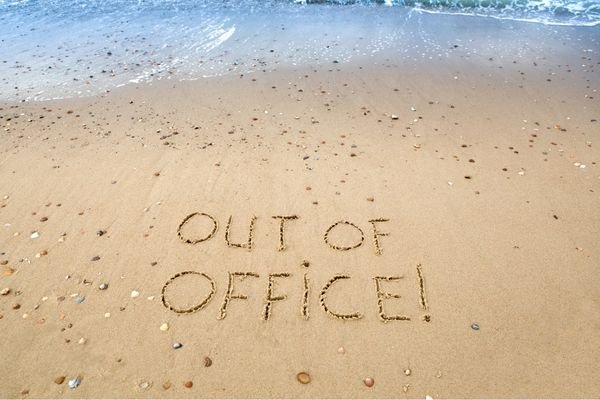Annual Leave and Holiday Requests
Written by Ian Grimshaw | Employment Law | 1st August 2020
One of the biggest headaches for employers is managing the company’s annual leave.
The tricky task however is ensuring that whilst some employees are on annual leave, you’re left with enough people to carry out the day to day activities of the company, and that no real problems arise because staff are away.
Tips for Employers:
Prepare
Put in place clear company guidelines that everyone in the company understands. It’s common to see a first come, first serve basis when it comes to booking annual leave.
Share
Establish an annual leave calendar that members of staff have access to – particularly those in teams. This will help everyone know who has what days and time off. It’s important to make sure that people doing the same jobs are not all away at the same time.
Collaborate
Ensure staff that are not on leave have access to the required documents and contact information to continue the work their colleagues on leave have started. Ensure that those on leave brief those staff remaining in the office on anything that might arise while they are away.
Coordinate
Ensure that over the course of the year, staff aren’t saving up too much holiday which would then cause them all to take time off at the same time. Will you allow any days to be carried over into the new year? If you are struggling with Annual Leave or any other issues related to Human Resources, please get in touch today to find out how Nash & Co’s Employment team can provide support.
Speak to a friendly Employment Lawyer
Call us now on 01752 827081 or fill out our contact form and one of our solicitors will call you back.













